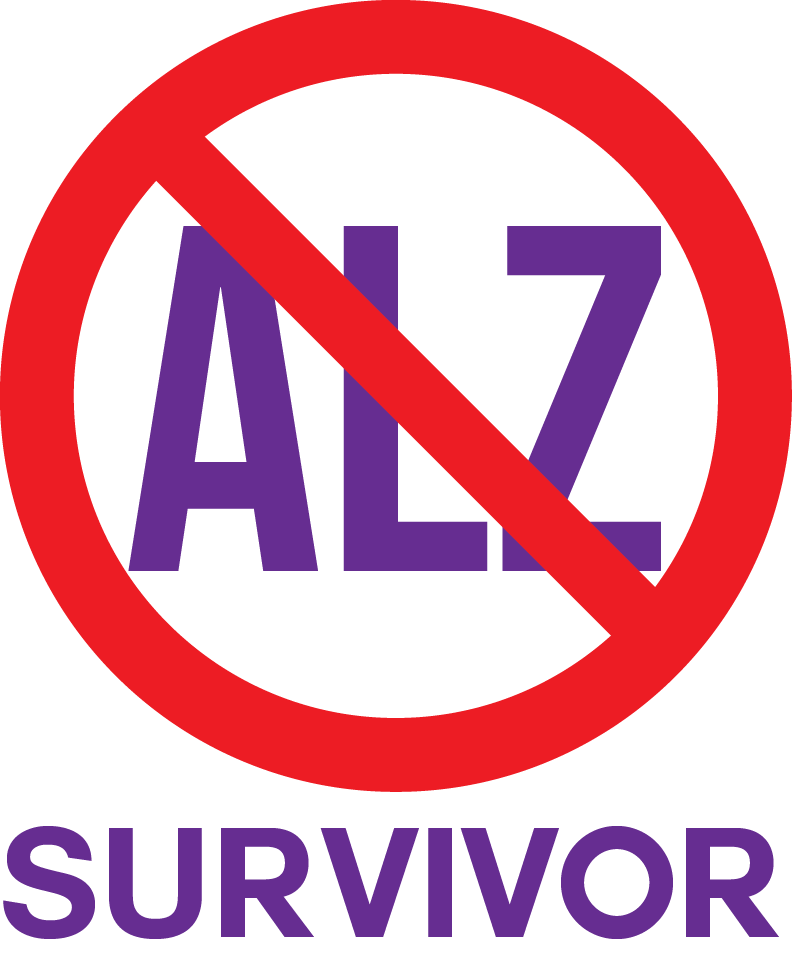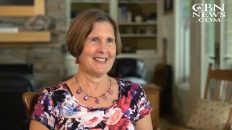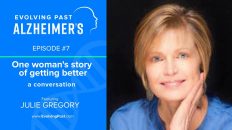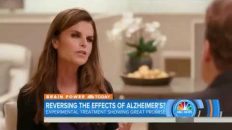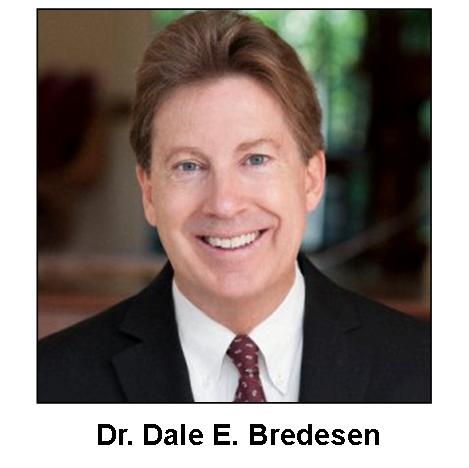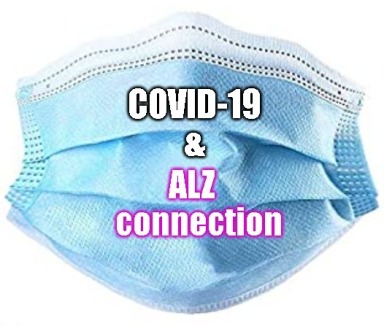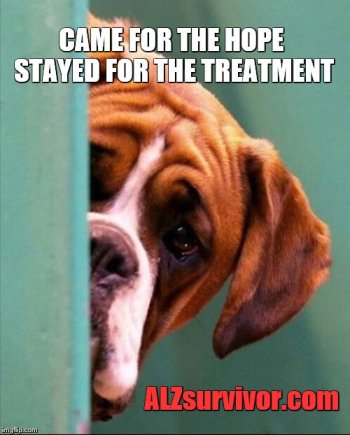Dr. Bredesen: In this new book, “The First Survivors of Alzheimer’s,” I was so excited to get these seven first-person stories from people that show what it’s like to get better from Alzheimer’s and also how each one did it. Each person talks about what they’re doing every day to give them success. The other part of the book is about what is the latest in terms of the Protocol itself. What have we learned over the last few years? How can we make this better? Where are things going? How can we adapt this to other neurodegenerative diseases and how can we help people who have normal cognition do quite a bit better?
Deborah: I couldn’t tell some people apart. I think most people can, so that would be one of the first symptoms that I got. There were others, but I started to get concerned that something wasn’t right. I just didn’t know what it was. My dad had Alzheimer’s at the time. My grandmother had died of Alzheimer’s. I knew it ran in the family, and I was worried that I might get it. So, yes I was on high alert, but I didn’t think that I was actually having symptoms.
Sally: I knew beyond a shadow of a doubt I had the early stages of Alzheimer’s when I forgot to pick up my grandchildren to take them to school one morning after my son had just called me the night before.
Frank: The result was trying to run a business for four years with dementia, a business that had been really successful for decades. I lost almost our entire life savings.
Marcy: Despite a pile of parking tickets, I could not remember to put money in the meter. Despite having tick-borne diseases, I could not remember to put on the right things when I went outside. Despite many skin cancer scares, I’d forget every time. And worse, when I’d read a book, the very next day I could read the page over unless I underlined it. All of it was falling through my mind.
Deborah: I dove in with my full heart with hope that it might stave it off. And if I could stave off what my dad went through even by a few years, I knew it would be worth it. That was sort of my mindset going in. And then as I started to improve, I just started to jump up and down. I wanted to like scream it out because there must be others like me out there.
Sally: When I have a pilates or a lunch scheduled with a friend, I remember it. When I go from one end of the house to the other to find something, I get there and remember what I went for. And most of all, I now am very reliable in picking up my granddaughter and on time.
Marcy: It works. And it has no side effects and each thing is good for your overall health.
Dr. Bredesen: We want to combine basically seven things. We want to combine diet, exercise, sleep, stress reduction, brain training, detoxification for those who need it, and specific supplements. There are absolutely pills that can be very helpful. Some of them are supplements, others are drugs, and some hormones depending on your own status.
Sally: Research was my answer and the national trial didn’t work. But then Dr. Bredesen’s research worked for me and continues to work for me.
Deborah: Things like recognizing faces was one of the first symptoms to improve. For the first time at about the five-month mark of being on the Protocol, I could recognize people that I had been exercising with in a class every day.
Dr. Bredesen: That’s what really gets me up in the morning and that’s what really gets me excited about this. Can we now do this better and better for more and more people? And so I was just so excited about having the people write their stories and having people be able to read them and say, “Hey wait a minute. You know, there is some hope for me.”
NOTE: Read more about “The First Survivors of Alzheimer’s” by Dale E. Bredesen, MD.

ALZsurvivor [home] >
